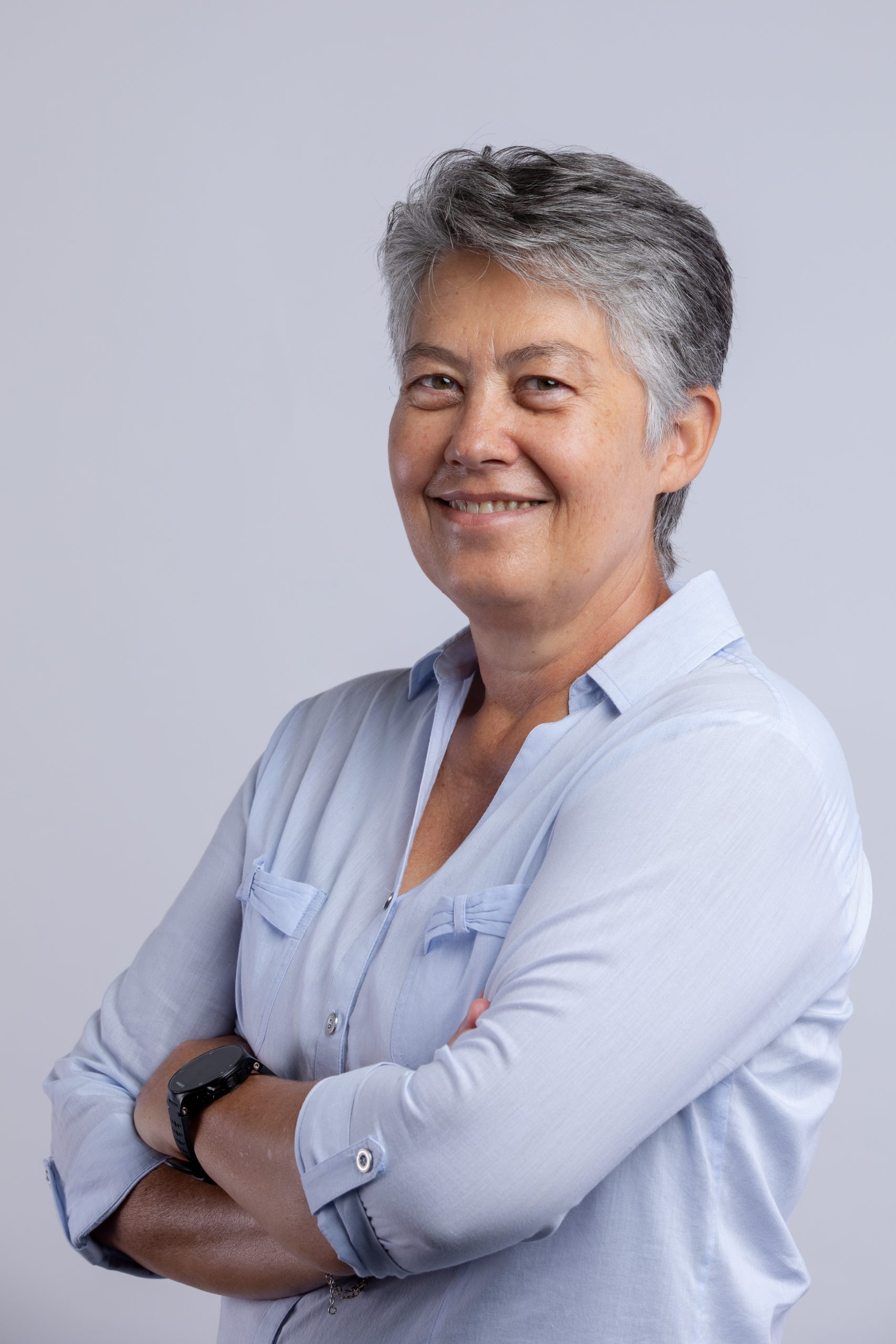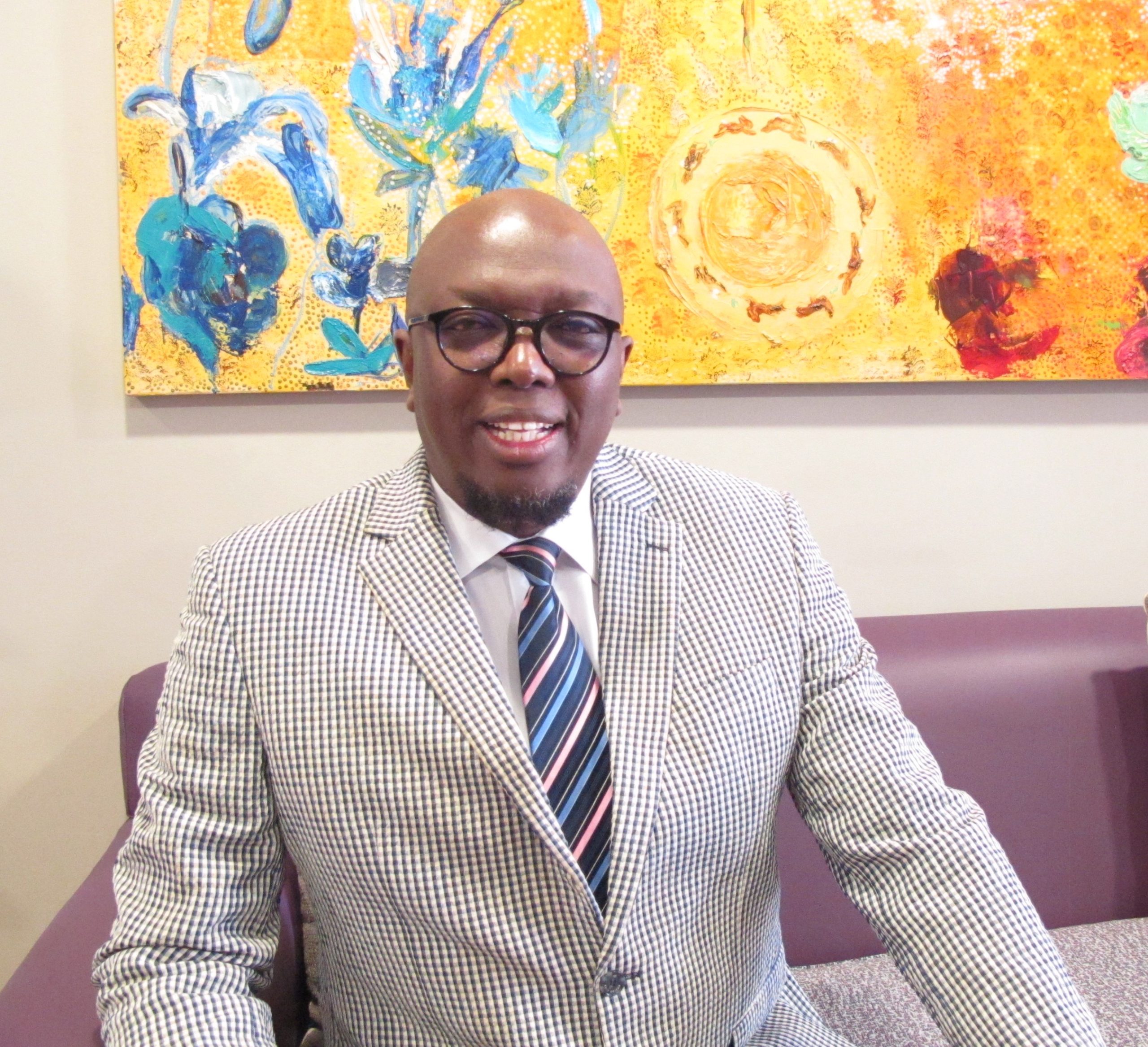3 May 2023
The South African Centre for Digital Language Resources (SADiLaR) is delighted to announce the appointment of new leadership for its Governance Steering Committee. On 17 March 2023, Prof Mogomme Masoga and Dr Karen Calteaux were elected unanimously as new Chairperson and Deputy Chairperson, respectively. Their three-year tenures are effective immediately.
The steering committee comprises a number of stakeholders, including academics and funders, who provide oversight of all SADiLaR activities, such as setting strategic direction, approving policies and planning that give effect to the strategy, and ensuring accountability for organisational performance through reporting and disclosure.
“I want to express my hearty congratulations to Prof Masoga for a unanimous appointment as the Chairperson of the Steering Committee, and to Dr Calteaux for being appointed as the Deputy Chairperson,” says Prof Langa Khumalo, Executive Director of SADiLaR. “The confidence that their peers have shown in their leadership speaks for itself. Both Prof Masoga and Dr Calteaux have been part of SADiLaR in various capacities for a long time now, and we are very confident in their leadership going forward. On behalf of the Management at SADiLaR, I want to wish them a successful tenure that is filled with new milestones as we collectively advance SADiLaR’s mandate.”
Dedication and expertise
Prof Masoga is taking over the reins from Prof Rene Smith, who performed her role with great distinction over the past few years.
“Prof Smith served SADiLaR with dedication and expertise that has left its indelible mark,” Khumalo notes. “She has been an astute, fearless, and meticulous leader who has been very instrumental in steering SADiLaR to be where it right now. We at SADiLaR wish her all the best for the future and are certain that she will continue to contribute meaningfully wherever she goes.”
Masoga, who is the Dean of the Faculty of the Humanities at the University of the Free State (UFS), has served on the SADiLaR Steering Committee for a substantial period already. He served as Chairperson of the Audit, Risk and Finance Committee (ARFIC), a subcommittee of the Steering Committee, and later was appointed as the Deputy Chairperson of the Steering Committee with Prof Rene Smith as Chairperson.
“I am taking over from a great leader in Prof Smith,“ Masoga comments. “It is so exciting to see how SADiLaR has grown – looking at an organisation that imagined itself from nihilism to one that is now fully functional with policies and procedures. Good governance is what characterises the business of this organisation.”
Challenging current thinking
Masoga holds a doctoral degree in African Orality from the UFS, and is a recognised NRF-rated researcher with a special interest in decolonisation, indigenisation and African culture.
“Digital and computational humanities are critical fields, as they challenge current thinking in humanities and social sciences to transcend and engage fully with other disciplines outside the domain of humanities and social sciences,” he says.
“As the new chairperson, it becomes my duty to ensure that there is representativity in terms gender, race, geopolitical and languages. It is a fact that English and Afrikaans have been privileged for some time and opportunities and time should be given to other languages. Resourcing and training become critical in this regard. The so-called ‘historically disadvantaged universities’ should lead in this case. This forms part of my agenda.”
Promoting social and economic inclusion
Masoga’s new deputy, Dr Calteaux, has been working in the field of Human Language Technologies for African Languages at the Council for Scientific and Industrial Research (CSIR) since 2009. She holds a PhD in Sociolinguistics in African Languages from the Rand Afrikaans University (now known as the University of Johannesburg), and is currently the Impact Area Manager for Networked Systems and Applications in the CSIR’s Next Generation Enterprises and Institutions (NGEI) Cluster.
“I am deeply honoured to have been elected Deputy Chairperson of the Steering Committee at its recent meeting,” says Calteaux. “The linguistic diversity of our country is fundamental to the character of our society, but our languages remain under-resourced. I believe that SADiLaR plays a pivotal role in enabling language-related research and localised technology development which can yield new insights into societal issues and positively impact on the socio-economic development of our country. I hope to contribute to seeing SADiLaR enable the digitalisation of our local languages towards social and economic inclusion.”
Written by Birgit Ottermann

Dr Karen Calteaux

Prof Mogomme Masoga
